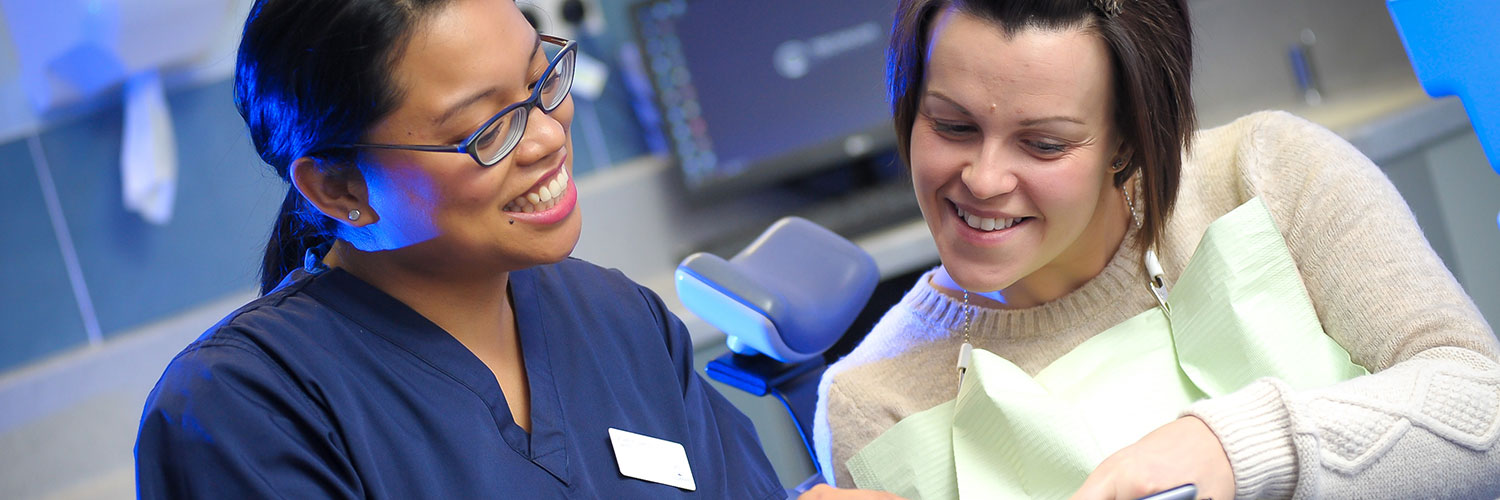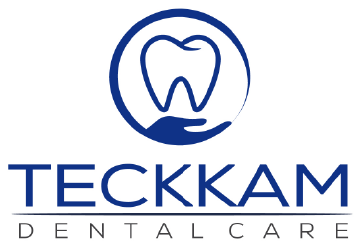Call 01229 820682

Complaints Procedure
Practice Complaints Leaflet
If you have a complaint or concern about the service you have received at this practice please let us know. We operate a complaints procedure that adheres to national criteria.
How to Complain
We hope that most problems can be sorted out quickly and easily at the time they arise and with the person concerned. If your problem cannot be sorted out in this way and you wish to make a complaint, please let us know as soon as possible because this will enable us to establish what happened more easily.
Complaints must be made either:
- Within six months of the incident that caused the problem
- Or within six months of discovering the problem, provided this is within twelve months of the incident.
Complaints should be addressed to Mrs Diane Brown. Alternatively you may ask for an appointment to speak with Diane to discuss your concerns. Diane will explain the complaints procedure to you and will ensure that your concerns are dealt with promptly. It will be a great help if you can be as specific as possible.
What shall we do?
We will acknowledge your complaint with three working days and aim to have looked into it within ten working days. We will then be in a position to offer an explanation or if appropriate a meeting with those involved. In investigating your complaint we shall aim to:
- Find out what happened and what went wrong.
- If appropriate make it possible for you to discuss the problem with those concerned.
- Make sure you receive an apology, where appropriate.
- Identify what we can do to prevent the problem occurring again.
Complaining on behalf of someone else
Please note that we keep strictly to the rules of confidentiality. If you are complaining on behalf of someone else, we have to know that you have their permission. A note signed by the person concerned will be required unless they are incapable of providing this.
We hope that if you do have a problem you will use our complaints procedure. We believe this offers the best chance to put right whatever has gone wrong and an opportunity to improve our practice. This does not affect your right to complain to other outside bodies if you wish and further help can be found by contacting the following.
- The Dental Complaints Service, The Lansdowne Building, 2 Lansdowne Road, Croydon, Greater London CR9 2ER Tel. 08456 120 540 for complaints about private treatment.
- The General Dental Council, 37 Wimpole Street, London, W1M 8DQ (Telephone: 0845 222 4141), the dentists’ regulatory body for complaints about professional misconduct.
- Care Quality Commission, Healthcare Team, Citygate, Gallowgate, Newcastle Upon Tyne, NE1 4PA Email info@cqc.org.uk / Website www.cqc.org.uk
Complaints Guidance for Employees
Introduction
In this practice we take complaints very seriously and try to ensure that all our patients are pleased with their experience of our service. When patients complain, they are dealt with courteously and promptly so that the matter is resolved as quickly as possible.
Our aim is to react to complaints in the way in which we would want our complaint about a service to be handled. We learn from every mistake that we make and we respond to customers’ concerns in a caring and sensitive way.
Prevention
It goes without saying that we try at all times not to give people cause to complain, but if you think a patient maybe unhappy with something we have done please bring this to the attention of our Practice Complaints Administrator Diane Brown as soon as possible. It maybe that early action could prevent a complaint being made at all.
Objectives
The objectives of the complaints procedure are to:
- Enable patients to direct any complaints to us rather than outside the practice.
- Provide them an explanation of what has happened, an apology if appropriate and an assurance that we have taken steps to prevent the problem recurring if possible.
Contact with the person complaining
The Practice Complaints Administrator is Diane Brown and it is Diane who is responsible for the routine running of the complaints procedure. However, a person complaining may initially contact anyone at the practice. If a patient approaches you with a complaint you should make a careful note of what is said, give them a copy of the Practice Complaints Leaflet and refer them to Diane. They can either have an appointment to see Diane to discuss the problem or Diane can ring them at home if they prefer.
Do not be tempted to offer an explanation at this stage as clearly the matter has not been investigated properly. In fact try not to get too involved at all and leave it to Diane.
What happens next?
After the initial contact and once you have put the person complaining in touch with Diane, you should record what was said by both you and them on a Standard Interview Form and give this to Diane immediately. Any further contacts should be directed to Diane, who will investigate the matter by interviewing those concerned.
Practice Complaints Procedure
Initial Contact
A patient may approach any member of staff with a complaint. The staff member who handles the initial contact will give a copy of the Practice Complaints Leaflet to the person complaining and refer them to the Practice Complaints Administrator (PCA) immediately, not attempting to investigate the complaint further unless it is a simple matter that can be resolved on the spot.
An appointment will be arranged at a convenient time with the PCA.
A detailed note of what the person complaining of has said, and of the response made, will be recorded on the Standard Interview Form.
The Interview
The PCA will see or otherwise contact the person complaining immediately or as soon as possible. Normally any meeting will be in private but the PCA may request the presence of another person if she sees fit. Sufficient time will be set aside to hear the person’s concerns fully.
Detailed notes of the interview will be kept on a second Standard Interview Form. This will be signed by the person complaining. Alternatively the person may prefer to submit a written complaint.
The PCA will give information about the practice procedure to the person complaining. This will include, as appropriate:
- How the complaint will be dealt with
- The purpose of the procedure
- The anticipated timetable
- The rules of confidentiality
- The availability of help from external bodies
- How to pursue a complaint if not satisfied with the internal outcomes
- The time limits for making complaints.
If the person complaining is not the patient, written consent will be required from the patient for the complaint to be dealt with on his behalf. This will be obtained on the Complaints Consent Form.
The Practice Complaints Leaflet
This will be available at reception for anyone wishing to complain and will be given to a person complaining by the first staff member they contact with their complaint.
Acknowledgement
The person complaining will receive written acknowledgement within three working days of their initial contact.
Investigation
Complaints will be dealt with as quickly as possible. Some, such as complaints of minor discourtesy or delay, may be dealt with at once by way of an apology and/or explanation. Others may require further investigation but will be dealt within ten working days unless circumstances such as staff holidays prevent this.
Investigation will be carried out by the PCA and will involve interviewing dentists or other members of the practice to establish the facts. Further Standard Interview Forms will be completed for each interview and signed by each interviewee.
Seeking Further Advice
At this stage advice may be sought from the dentist’s defence organisation, as appropriate.
If this is likely to take the response time over the ten working day target, the person complaining will be informed, with an apology for the delay.
Communication of Response
The PCA will discuss her findings with the dentist in order to decide on the response.
If the matter is straight forward the person complaining will receive a written response within ten working days of his original contact. The written response will include, as appropriate:
- A summary of the complaint
- An explanation of the practice’s views of the events
- An apology
- Details of what has been done to prevent a recurrence of the incident
- Anything else agreed at the meeting with the person complaining
- Details of procedures if the person wishes to take the matter further
After investigation, if it is found that the practice member(s) acted reasonably in the circumstances, that practice procedure were adequate and ther appears to have been no breakdown of those procedures, this will be made clear to the person complaining while at the same time acknowledging the person’s feelings and giving as much explanation as possible.
If appropriate the person complaining may be invited to meet the PCA and the staff member(s) involved in order to resolve the situation. If further conciliation is required advice can be sought from:
- The Dental Complaints Service, Stephenson House, 2 Cherry Orchard Road, Croyden, CR0 6B (Telephone: 08456 120 540) or email info@dentalcomplaints.org.uk for complaints about private treatment.
- The General Dental Council, 37 Wimpole Street, London, W1M 8DQ Tel. 0845 222 4141, the dentists’ regulatory body for complaints about professional misconduct.
- Care Quality Commission, Healthcare Team, Citygate, Gallowgate, Newcastle Upon Tyne, NE1 4PA Email info@cqc.org.uk / Website www.cqc.org.uk
Book a consultation
Interested in a particular treatment and want to know more? Book an initial consultation at the practice today, your new smile could be just one click away!
